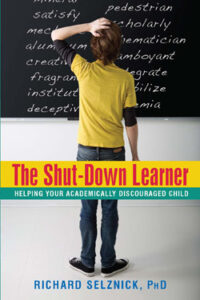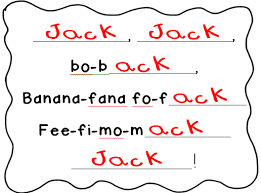 13-year-old Liam comes in trudging behind his mother, staring at his phone.
13-year-old Liam comes in trudging behind his mother, staring at his phone.
While I think I have a decent relationship with Liam having evaluated him a while back with a follow-up session or two, I also think there’s a pretty big part of him that is annoyed about being dragged in. (He had been “socializing” with his friends up in his room on-line on a video game when his mom interrupted him about the appointment.)
An irritated mom kicked off the session. “He’s doing nothing, nothing and failing classes. Nothing seems to get through to him.”
I do my best to go low-key and use some type of humor with Liam to try and lighten the mood, but he’s not biting, not taking the bait.
The best I get is the “13-year old shrug.” (I’m sure you know the look.)
Animatedly, I raise the joking level, “This is a ‘No Shrug Zone!!!!,” I shout. “You have to give me something. Throw me a bone.”
Shrugging again, at some point he mumbles, “I think I have executive function deficits.”
In over-the-top astonishment, I state, “Executive Function deficits!!!! Do you know what that is?”
More shrugging, I get a low mumble, “No.”
“It means you are a rudderless ship. Nothing is steering the boat. The wind blows one way and you go where the wind blows. It blows another way and there you go.”
Takeaway Point
The fact of the matter is children and adolescents showing these rudderless ships are difficult to turn around to the point where they are not just bobbing around on the water.
We’ll talk more ore in follow-up posts.)
 Copyright, Richard Selznick, Ph.D. 2022, www.shutdownlearner.com.
Copyright, Richard Selznick, Ph.D. 2022, www.shutdownlearner.com.
To Contact Dr. Richard Selznick for advice, consultation or other information, email rselznick615@gmail.com.
To receive future blog posts, register your email: https://shutdownlearner.com.

 Leora a 10-year-old fourth grader has been struggling since kindergarten.
Leora a 10-year-old fourth grader has been struggling since kindergarten. Some of you have been loyal followers of this blog for over 10 years, while others have joined more recently.
Some of you have been loyal followers of this blog for over 10 years, while others have joined more recently. Anxiety over a child’s development starts early.
Anxiety over a child’s development starts early.